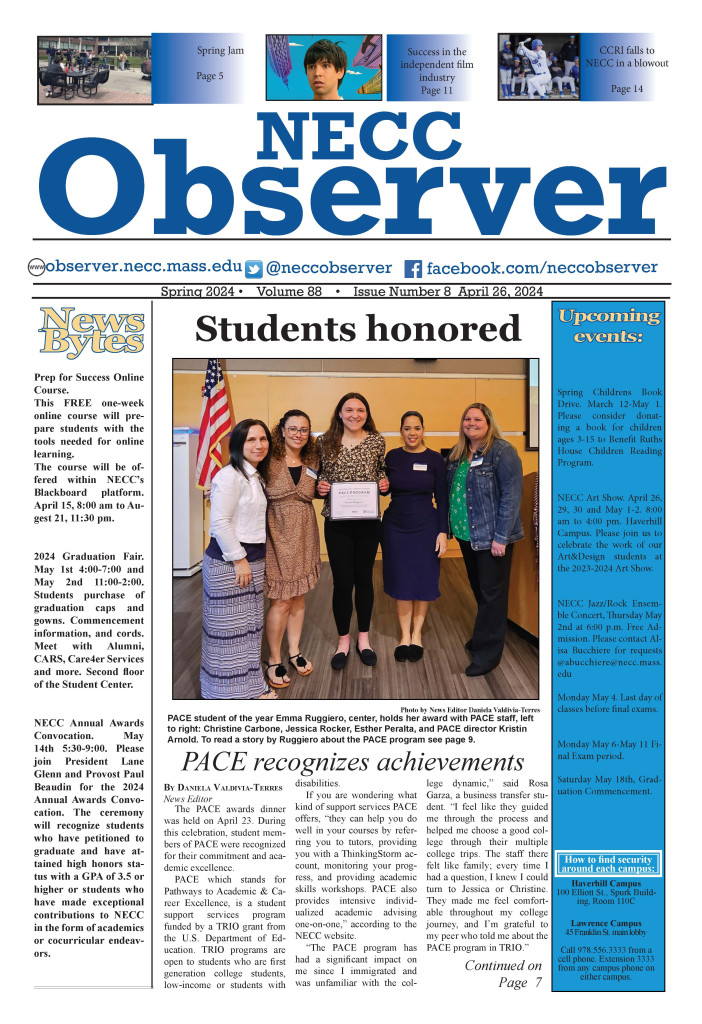It’s the start of a new semester, which means it’s time to take new classes, meet new teachers and purchase egregiously expensive textbooks.
In a country where politicians frequently claim to be supportive of education and making information available, it sure is difficult to afford the materials required to succeed in higher education.
So why are textbooks so expensive?
One of the reasons they are so expensive is that they’re mandatory. Professors assign specific texts, which students will need to succeed in the course, no matter what the price, and students buy or rent them because there’s often no other way to pass.
Students are what the Student Public Interest Research Group calls a “captive market,” as stated in their January 2014 report “Fixing the Broken Textbook Market: How Students Respond to High Textbook Costs and Demand Alternatives.” But it’s not just the necessity of textbooks that make them so expensive; it’s the textbook industry itself.
In the Student PIRG report on textbooks, the researchers said, “It is also important to note that just five textbook companies control more than 80% of the $8.8 billion publishing market, giving them near market monopoly and protecting them from serious competition.”
The textbook market is an oligopoly, or a market controlled by a small amount of sellers, and this gives them incredible power over how much students pay for their textbooks. There’s not enough competition to drive down textbook prices, and therefore they remain expensive.
But students are fighting back. It’s possible to cut costs by buying used books from secondary sources, by renting from other institutions (like the NECC Follett bookstore) or renting digital copies.
These options are still expensive, but less so than buying a new book. Other students often scan textbooks and put them on online sharing sites, which is illegal, but can often times be a saving grace for a student struggling to get by.
NECC is fighting back too. A textbook initiative involving some of the faculty and staff at NECC has been piloting classes that use several smaller, less expensive books as opposed to expensive tomes from major textbook publishing firms, or by using public domain documents and journalistic articles to supplement the course.
So unless the U.S. government decides to trust-bust the textbook industry or subsidize textbook purchases for the bulk of college students or make college and information free to everyone (somehow we doubt that will happen), we’re going to be struggling with this issue for a while.
Cost-cutting initiatives undertaken by individual institutions of education are going to be the most effective means to making knowledge affordable, and perhaps this pressure on the market from schools trying to help their students save money and students using alternative sources to major publishers will lower the cost of textbooks in the long-run.
Only time and innovative textbook cost-cutting school policies will tell.

